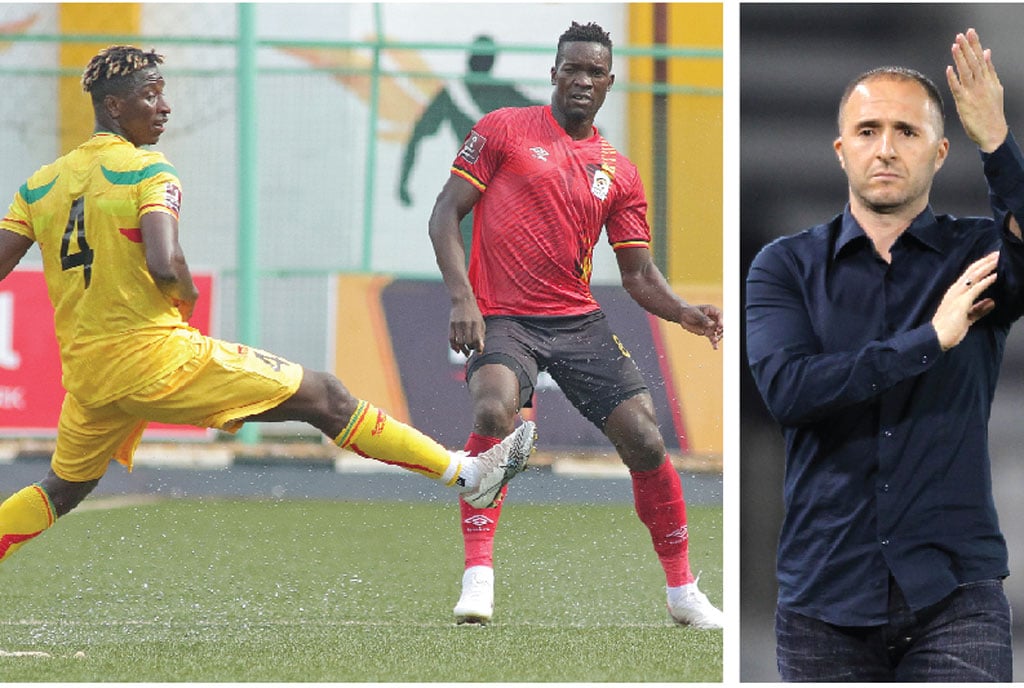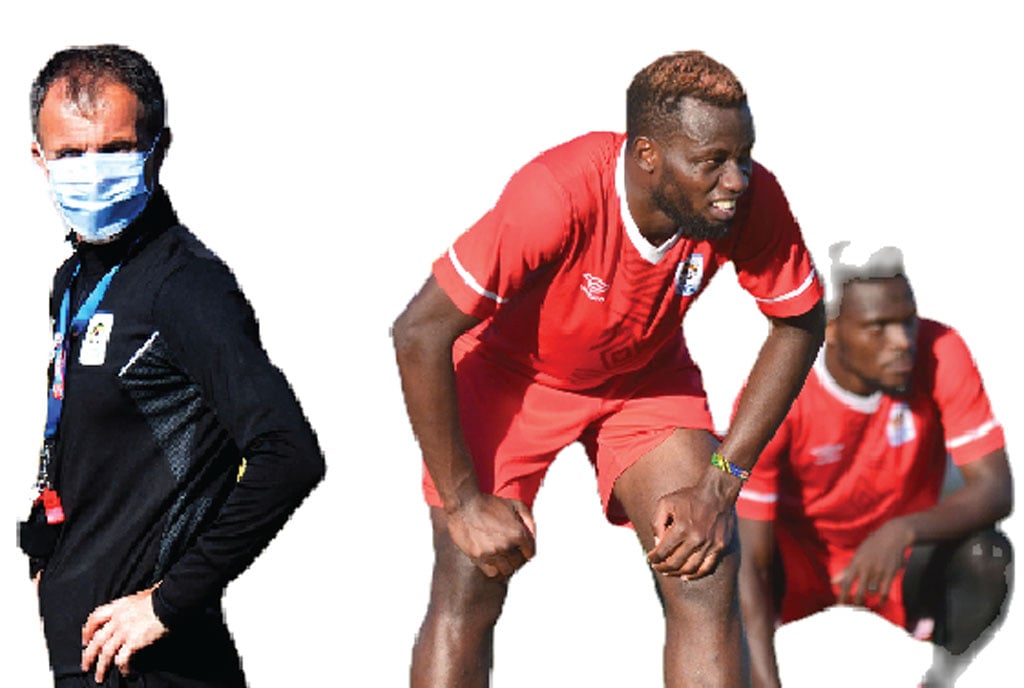Why the silencing of players in Ugandan football ranks must not be treated lightly

Author: Robert Madoi is a sports journalist and analyst. PHOTO/FILE/NMG.
What you need to know:
- Players from English football lower ranks are being trialed days facing Algeria.
It’s a little over two decades since Uganda locked horns with Algeria in an Africa Cup of Nations (Afcon) qualifying campaign. Charmingly, Hassan Mubiru marked his Cranes debut with a quality brace – including a stunning last-gasp goal – during Uganda’s 2-1 upset win over Algeria at Nakivubo Stadium in October of 1998.
Much less charmingly, the Cranes – playing in a borrowed kit – lost the reverse fixture 2-0 on June 20, 1999. Uganda’s travelling party had lost its baggage whilst en route to the Algerian seaport city of Annaba.
The Cranes’ preparations for next month’s 2023 Afcon qualifier away to Algeria (to be staged in the coastal city of Oran) have been immediately and intricately tied up with the horrifying details of the 1999 trip to Annaba. Parallels have been drawn between disruptions cynically willed into existence by last-ditch changes to flight details in 1999 as well as the chopping and changing of the Cranes squad this past week.
A lot has been going on in the Cranes camp recently. Players from the lower reaches of English club football are, for one, being trialed days before the trip to Oran. Who does that!
Elsewhere, South Africa-based midfielder Moses Waiswa stopped short of announcing his retirement from international football after Cranes coach Milutin ‘Micho’ Sredojevic snubbed him. Waiswa took a swipe at the Serbian coach by saying his exclusion speaks volumes about the ethos Micho brings to a football conversation.
Waiswa’s absence from the Cranes setup wasn’t the only one to send tongues wagging this past week. The decision to exclude Yunus Sentamu from the squad was met with a frosty reception. As the exclusion tore the lid off a Pandora’s box, it released another kind of trouble.
As Micho feverishly flip-flopped on why the forward was overlooked, a troubling picture started to emerge. It is now clear that Fufa (read Moses Magogo) has dedicated itself to silencing the voice, victimhood and agency of players entrusted to its care.
Sentamu is neither the first nor last player to be held in contempt after questioning and resisting a dominant narrative out of Mengo. Before him, Brian Majwega discovered that the costs of speaking out against excesses are enormous; the returns slow and uncertain. The dissenting voice of Jamal Salim Magoola is also on record for having cultivated a sense of alienation.
That the normalisation of alienation of vocal players has proved effective under the stewardship of Magogo should come as an unsettling development. In fact, the evidence that something is going badly wrong has been escalating rapidly in the recent past.
The prosaic reasons given for reprimanding the vocal players are as shocking as the tie that binds their complaints. The unifying strand – just in case you did not notice – is that the players in question sought clarity around allowances they are entitled to while on national duty.
Magogo might give any range of excuses for coming down hard on players with a tough regime of sanctions, but the true reason – plain for all to see – is that he much prefers to be a supreme leader. He has made it perfectly clear that his narrative ought not to be called into question. Because the risks of doing so are unacceptably high, a climate of self-censorship and fear has been generated.
This accelerating erosion of the voice of a player should not be treated lightly. It surely will have far-reaching consequences, the likes of which unbalance power dynamics in Ugandan football in the most unhealthy of ways. In which event, Uganda will be strikingly out of step with best practices that encourage people to speak out against abuse.
Email: [email protected]
Twitter: @robertmadoi




